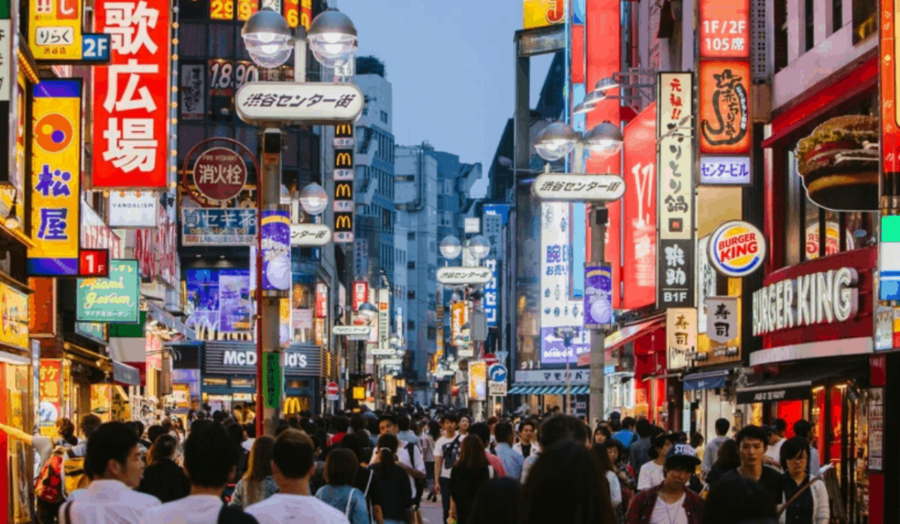
Japan to launch a new digital nomad visa next month
Japan authorities have confirmed that they will be introducing a new digital nomad visa by the end of March. Here’s more details…

DIGITAL NOMADS TO JAPAN
Japan will soon be launching a new digital nomad visa that will allow remote workers to live and work in the country for six months at a time.
According to Travel News, Japan’s Immigration Services Agency confirmed the news that the country would introduce the visa by the end of March.
ALSO READ: SA ranks as one of the most affordable countries for UK investors
Only applicants earning ¥10 million (R1,3 million) annually from 49 countries with current visa-free entry and double-taxation agreements with Japan will qualify for the visa.
These applicants must also have private health insurance. Digital
Unfortunately, nomads will not be able to renew their visas within Japan and must reapply after leaving the country for six months.
ALSO READ: Travel trend: Set-jetting becomes even more popular with travellers
SOUTH KOREA ALSO LAUNCHES VISA
South Korea also recently introduced a digital nomad visa that will allow remote workers to live and work in the country for up to two years while they are employed in a company abroad.
The digital nomad visa will be valid for one year, with the possibility of renewal for an additional year.
WHAT ARE THE REQUIREMENTS?
According to digitalnomadskorea.com, applicants will need to fulfill the following requirements:
- Be 18 or older and have worked for at least a year in the same industry.
- Work for a company abroad or be a freelancer abroad.
- Show proof of earning more than 85 million won ($66,000) in 2023. The visa requires you to earn double Korea’s gross national income (GNI) per capita for the previous year.
- Have personal medical insurance covering at least 100 million won for hospital treatment and repatriation during your stay in Korea.
Workers will have to apply in their country’s Korean embassy. But if they are currently in Korea, they can switch from the visa exemption (B-1), tourist visa (B-2) or short-term stay visa (C-3).